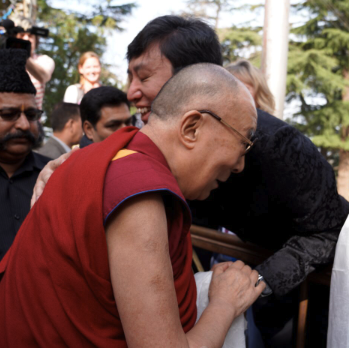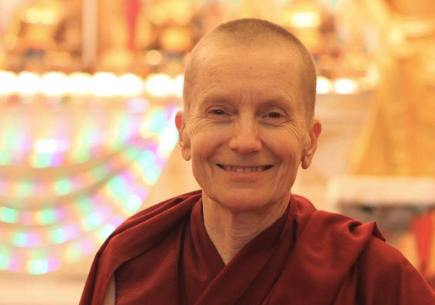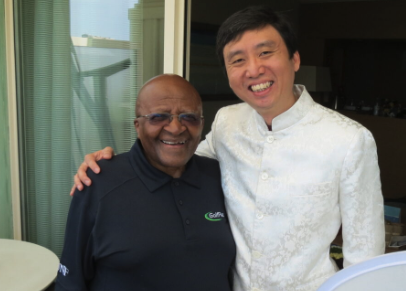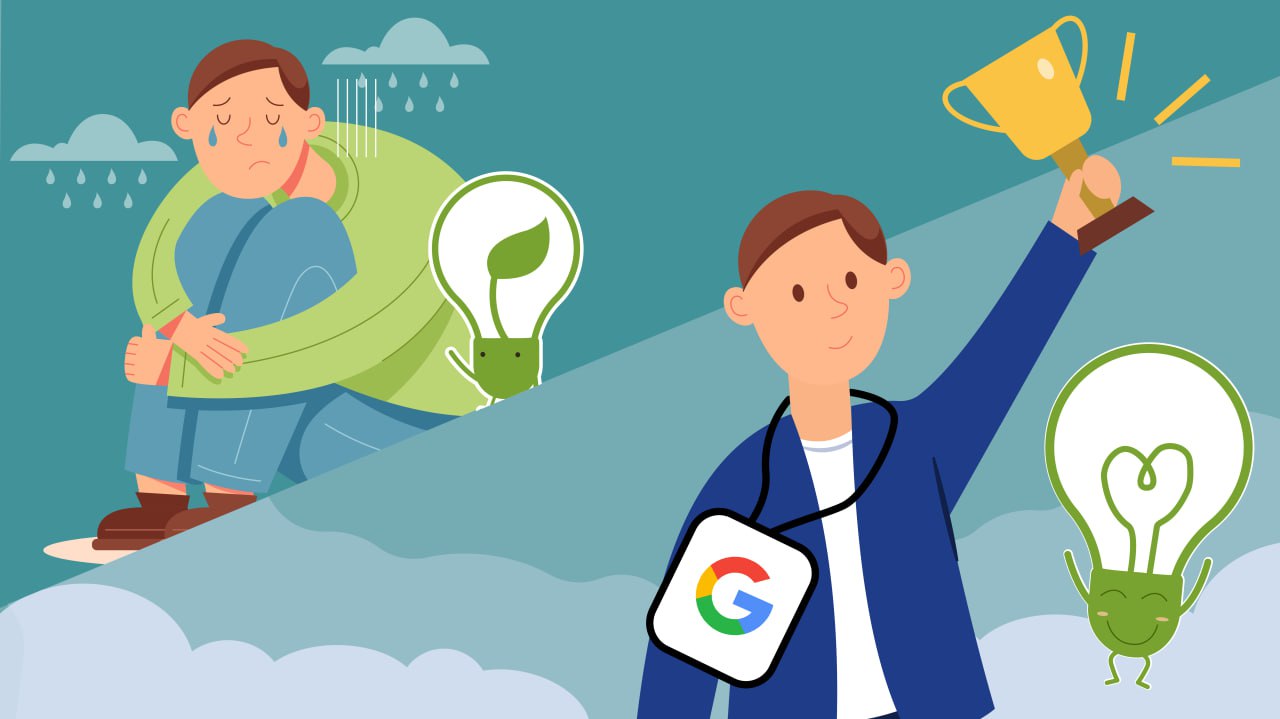
Editor’s note: This article was first published from buddhism.net and edited with the author’s permission, Meng is also an advisor to Handful of Leaves.
TW: This article has brief mention of suicide contemplation
TLDR: From suicidal thoughts to a successful career at Google, follow Meng’s path as Buddhism becomes the beacon of light that guides him to lasting happiness.
My name is Meng, and Buddhism saved my life.
“Buddhism” in Singapore
I grew up in Singapore in a “Buddhist” family within a “Buddhist” culture. I put the word “Buddhist” in quotes because when I was growing up, the “Buddhism” I encountered was little more than idol worshipping, superstition, and elaborate funeral rites.
Many of the adults around me were “Buddhists” their entire lives and almost none of them had even the slightest idea what the core teachings of the Buddha were.
A quest for meaning beyond IQ
When I was in my early teens, I started searching for the meaning of life. The adults thought I was just an uncommonly smart kid doing what uncommonly smart kids did.
See, my IQ was measured at 156, I learned to read at age eighteen months, I taught myself computer programming at twelve, and I won my first national programming award at fifteen.
So, I fit the profile. However, the real reason I was searching was because I was suffering from depression.
It turned out that being smart and being very good at my craft even at a very young age did not make me happy.
Actually, it was even worse than that: I was suicidal. The only thing that kept me alive was I was too cowardly to die, but I also knew it was only a matter of time before my misery exceeded my cowardice.
Yeah, not good. Something had to change.
Searching through the different religions
I looked everywhere for answers. I looked to science and philosophy, which were a lot of fun to learn, but did nothing to help me with my suffering and my search for the meaning of life. I tried to understand religion, learning about Buddhism, Taoism, Hinduism and Christianity.
The Buddhism I learned back then was Zen Buddhism, which I found mostly incomprehensible at the time with its weird, inscrutable questions (koans) such as, “The sound of two hands is clapping; what is the sound of one hand?”
The most attractive of all my options was Christianity, which was glitzy and extremely well-funded and well-organized in Singapore. However, it did not provide me with the answers I sought.
Worse, some encouraged adherents to eventually have unshakeable faith, placing aside my understanding and love for science. I really, really didn’t want to do that, thank you very much.
Crying & Suffering
The turning point came when I was twenty-one. I was invited to a Pentecostal church. It was very different from my previous understanding of church.
You see, I went to Catholic High School in Singapore, and the only reason my father sent me there was because he asked a friend who was an alumnus, and he highly recommended it. That friend later became the Prime Minister of Singapore. So I ended up in Catholic school, and I learned the Lord’s Prayer by heart, and thought I knew what church service meant.
But, oh boy, this was different.

I found that Pentecostal church service was not boring at all, to say the least. They had energetic music, the pastor spoke like a pro, everybody “spoke in tongue”, and there was a lot of crying. A lot of crying. I saw for myself how it worked.
Every week, these people would come seeking relief from their emotional pain, hoping to flush it away. Whoa.
Never mind that there were no answers here that made any sense to me, this was a place I could come to and cry every week to flush out my pain for the week.
I was impressed.
The week after that, I met a Tibetan Buddhist nun, Venerable Sangye Khadro. I asked her, “I went to church, I saw how they relieved their suffering. What is there in Buddhism that helps us deal with suffering?”.
Her answer was, “All of Buddhism is about dealing with suffering.”
It was like suddenly, somebody opened the floodgates and a million tons of water came gushing in thunderously.
I immediately understood. I knew I was near to whatever I was seeking.
Finding solace in Dhamma and meditation
Coincidentally, the venerable was scheduled to give a talk in my university the following week, which I made a point to attend. In the middle of her talk, she uttered one sentence, “It is all about cultivating the mind.”
The moment I heard that, everything in my life made sense to me. Everything.
I told myself, “From this moment on, right here, right now, I am a Buddhist.” I have never looked back. It was the best decision I have ever made.

In the months that followed, I learned Buddhist meditation. It changed my life. The first truly life-changing experience for me was sitting in meditation in an alert and relaxed state, then experiencing a gentle joy enveloping my entire body and mind for about thirty minutes.
I learned later that what I experienced was not magical at all. I had simply experienced the mind without its usual layer of constant agitation.
Without agitation, the mind returns to its default state, and the default state of the mind is joy. With that, I saw clearly how Buddhism would be the solution to my misery.
The journey continues
I am happy to report that since then, I had released myself from depression, I was no longer suicidal. I had found meditation and the Buddhist view of the meaning to life.
I went on to have a successful career as an early engineer at Google, and Archbishop Desmond Tutu nominated the One Billion Acts of Peace campaign I co-chair for the Nobel Peace Prize.
Yeah, things kind of worked out for me. And I never had to reject science, nor force myself to blindly believe in anything that did not make any sense to me. Buddhism was the best thing that ever happened to me.

WISE STEPS:
- Meditate Regularly: Embrace the transformative power of meditation to cultivate a peaceful mind.
- Seek Guidance: Connect with experienced practitioners or monks for deeper insights into Buddhist philosophy.


